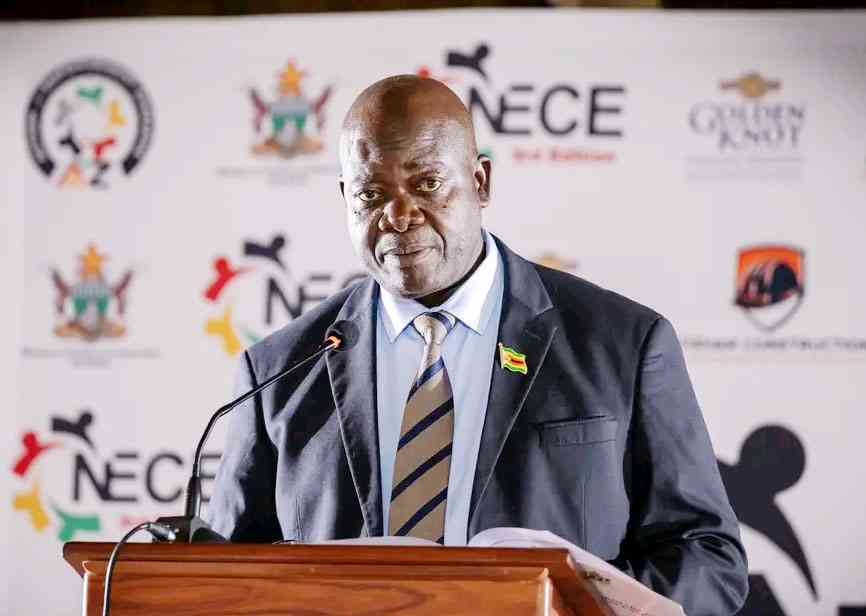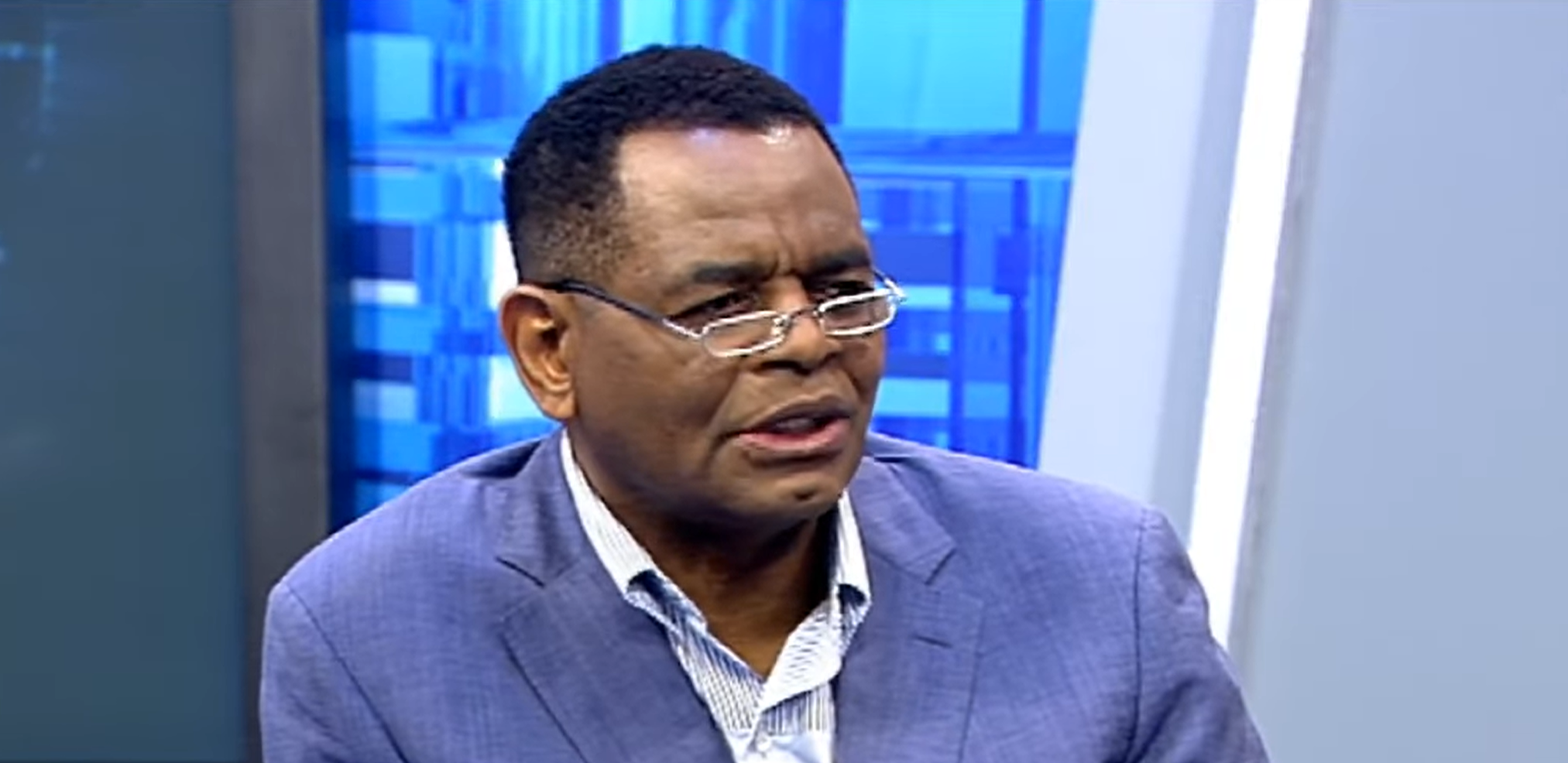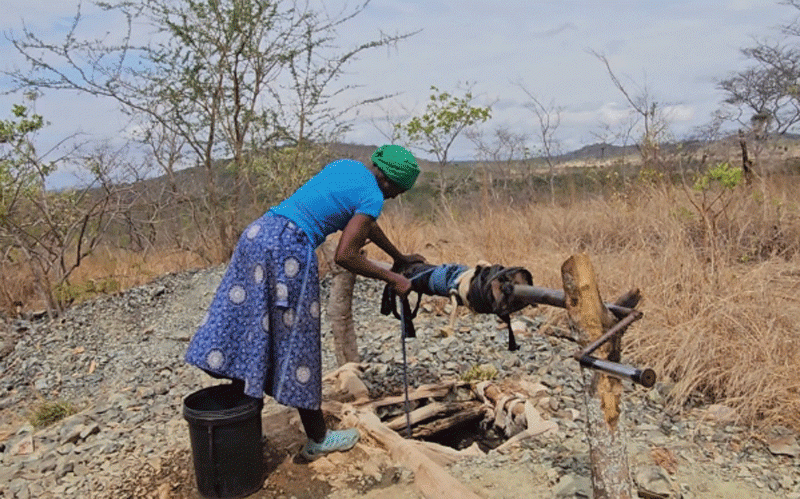
The curtain to the third edition of the National Education Conference and Expo (NECE) came down on Friday with a call for the translation of conference resolutions into tangible actions that drive meaningful change in the country’s education system.
Running under the theme Transforming Education in Zimbabwe: Embracing Innovation and Excellence, the conference provided a platform for networking, collaborating and learning in order to improve educational practices and outcomes.
The conference brought together educators, policymakers and industry experts from around the country who shared their knowledge and insights on the latest trends and issues in education.
Education minister Torerai Moyo was the guest of honour while other ministers Tatenda Mavetera (Information Communication Technology, Postal and Courier Services), Paul Mavima (Skills Audit and Development) and Frederick Shava (Higher and Tertiary Education) came in as guest speakers.
Prominent educationist Tim Middleton, consul general of Zimbabwe in Israel, Ronny Levi Musan and Elevate Trust executive director, Sicelo Dube made presentations during the three-day conference.
Moyo in his remarks said the country’s education system remains one of Africa’s most promising.
“Our literacy rate remains among the highest on the continent,” he said.
“We continue to make strides in curriculum enhancement through the Continuous Assessment Learning Activity (CALA) and ICT integration.
- WHAT AN INTER(esting) VIEW!
- Parenting by degree
- School of sport: We still have a problem
- Govt challenges visual art teachers
Keep Reading
“However, we must acknowledge that our education system faces serious constraints.”
He said despite allocating 17,7% of the national budget to education in 2024, funding remains below the 20% benchmark agreed upon under the Dakar Framework for Action, limiting the education sector’s capacity to address the challenges effectively.
Moyo said the government is exploring ways to address the challenges faced by the education sector.
“As government, we have taken steps to address these deficits through targeted school construction projects under the Education Sector Strategic Plan (ESSP),” he said.
“However, public resources alone are not enough.
“This is why one of the key goals of this conference is to build momentum around innovative infrastructure development models, including public-private partnerships, community- driven initiatives, and sustainable, climate-resilient school construction.
“We must reimagine infrastructure not just as buildings, but as learning environments that promote safety, dignity, and inclusion for every Zimbabwean child.”
Moyo said the conference will transform into the National Education Summit of Zimbabwe starting next year.
“This evolution aims to institutionalise our collective efforts, formalising NECE as the flagship forum/platform for annual education policy dialogue, innovation showcases, and strategic evidence-based planning,” he said.
“The summit will rotate across provinces, ensuring nationwide representation and expands Zimbabwe’s education infrastructure remains one of our most urgent priorities.”
Alson Darikayi, president of Action for Empowerment Zimbabwe, organisers of the conference said NECE has become a cornerstone of the national education calendar.
“The conference continues to provide a space where meaningful conversations can lead to meaningful change — not just for today, but for generations to come,” Darikayi said.
“In our journey, we have recognised that empowerment begins with investment — not just in learners, but in the very environments where learning happens.
“One of our flagship interventions has been our partnership with the Ministry of Primary and Secondary Education to improve infrastructure at Runyararo Primary and Secondary schools in Caledonia.
“This partnership is focused on enhancing water, sanitation and hygiene facilities, providing cement and materials for construction, and building new school blocks to accommodate the growing learner population.
“This crucial work would not be possible without the generous support of our partners, who have stood with us in our mission.”
Darikayi paid tribute to a number of individuals and companies including Innovate Institute, Solid Rock Academy, Insurance Council of Zimbabwe and First Mutual Microfinance whose contributions — whether financial, technical, or advisory — directly impacted learners and communities in need.
He said from humble beginnings, NECE has grown into a national movement, with each edition of the conference expanding in scope and impact Zimbabwe today stands at a crucial juncture.”










